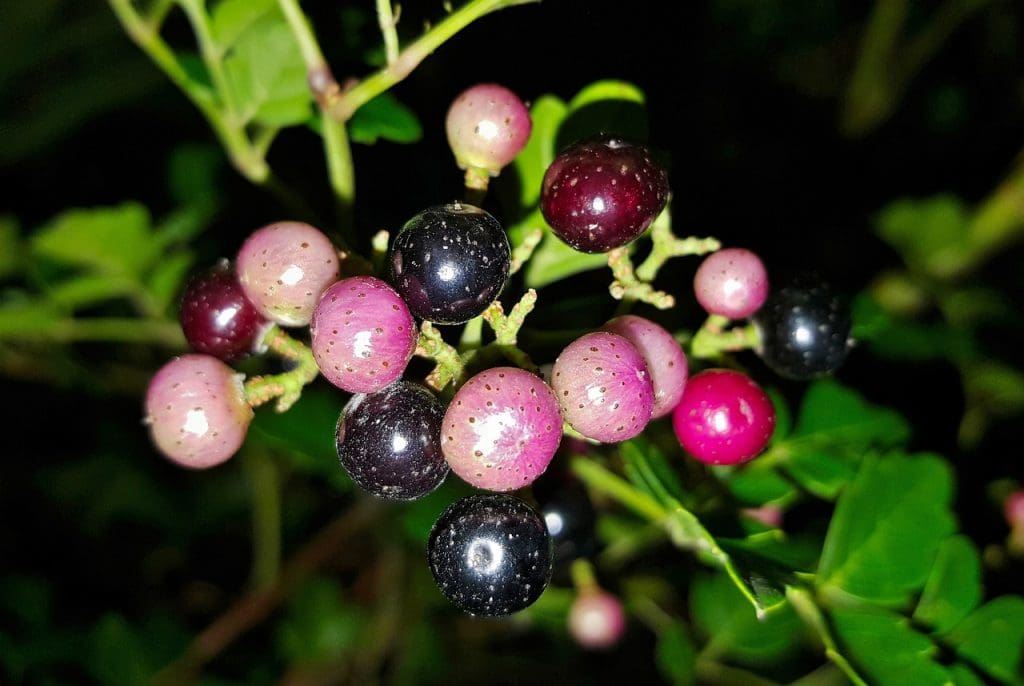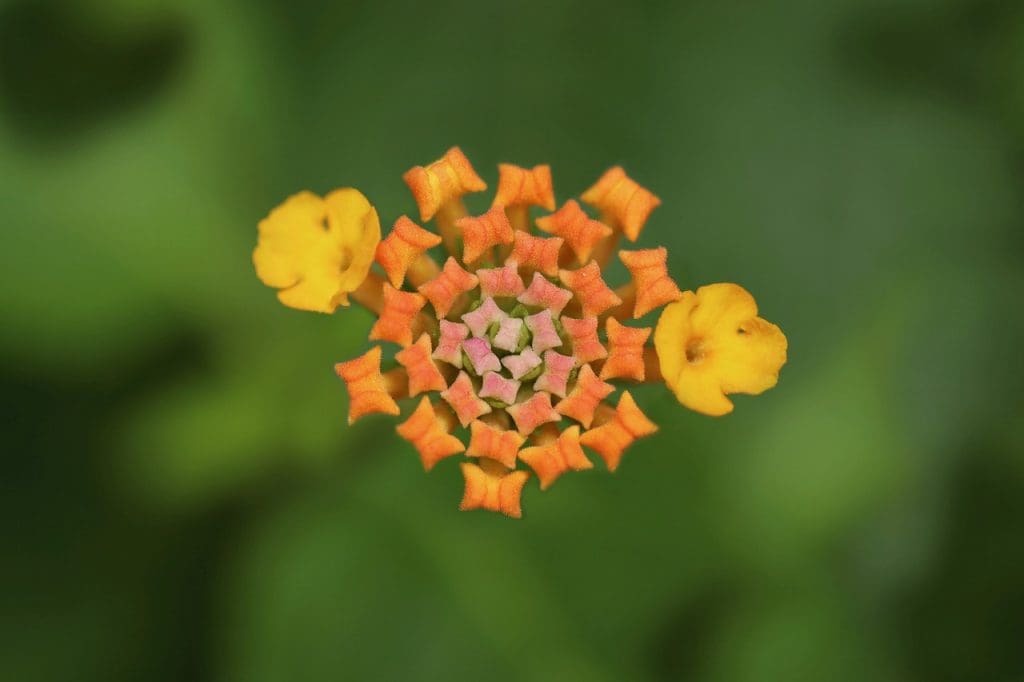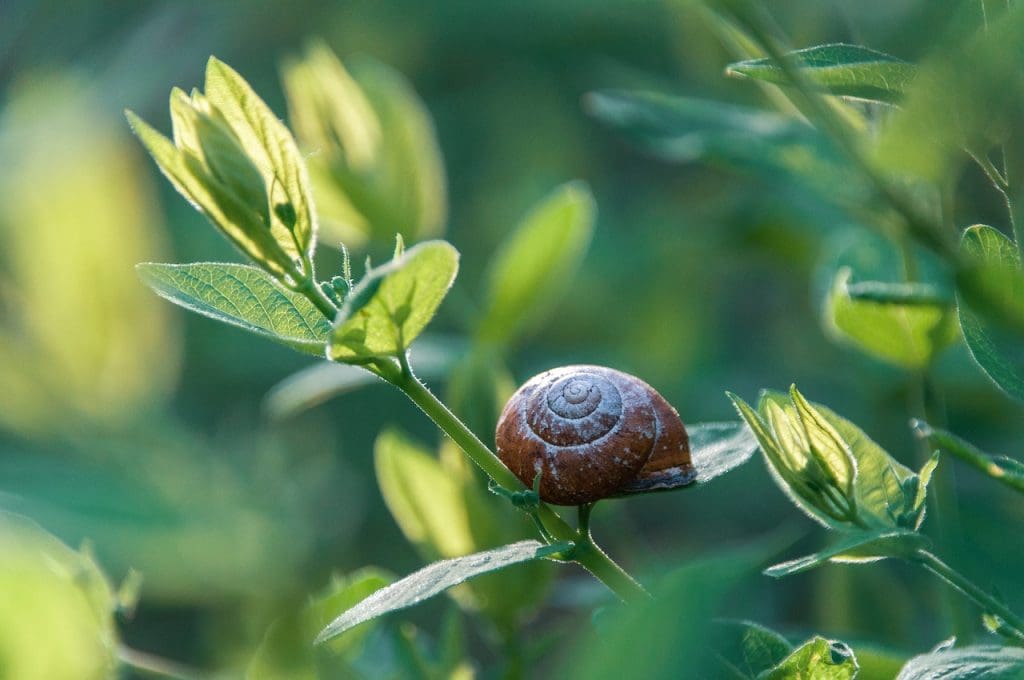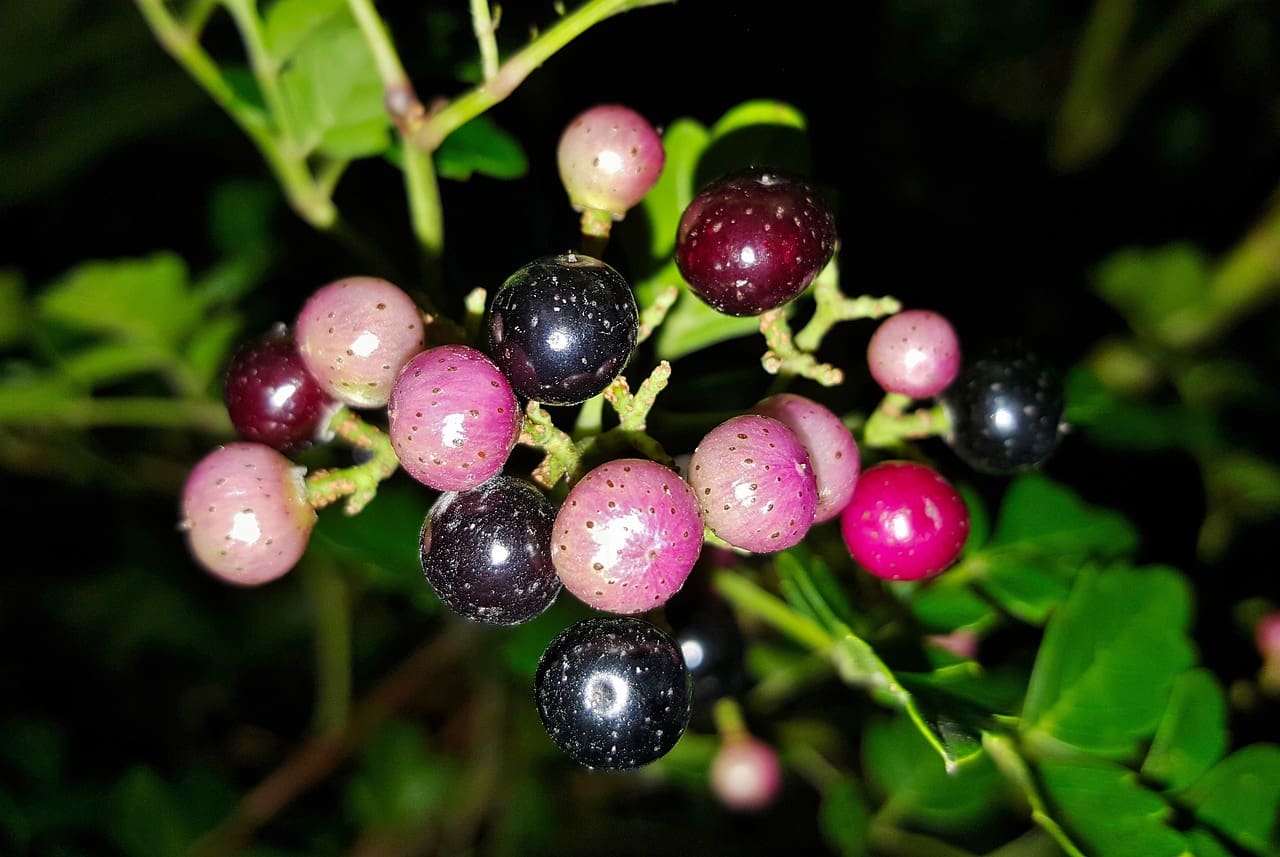In this friendly guide to managing your garden, we’ll explore the best ways to prevent alligator weed from spreading. You’ll learn practical techniques to identify this invasive species, and we’ll dive into effective methods for controlling it. From manual removal to using herbicides safely, we’ll cover everything you need to keep your garden healthy and alligator weed-free. By following these steps, you can protect your local ecosystem and enjoy a thriving, beautiful garden. Have you ever found yourself battling an unwelcome guest in your garden or yard, a persistent troublemaker known as alligator weed? This invasive plant can take over a landscape quicker than you’d think, making it vital to stay ahead of its spread. The spread of alligator weed can wreak havoc on your local ecosystem and become a persistent headache for landowners. Fortunately, there are several strategies you can employ to keep this invader at bay.

Understanding Alligator Weed
Before diving into the preventive measures, it’s essential to understand what you’re dealing with. Alligator weed is a perennial herb native to South America and has become widely invasive in various parts of the world. It is characterized by its hollow stems, glossy leaves, and small white flowers. Alligator weed can grow in a variety of environments, including land and water, making it hard to control.
Why is Alligator Weed a Problem?
Alligator weed is problematic for multiple reasons:
- Outcompetes Native Species: It tends to spread rapidly, choking out native plants and disrupting local ecosystems.
- Environmental Impact: It can alter water flow, decrease biodiversity, and worsen water quality.
- Economic Costs: Removing and managing the weed requires time, effort, and money.
Identifying Alligator Weed
Identifying alligator weed is crucial for effective management. Proper identification ensures that you’re targeting the correct plant and applying the most suitable techniques for eradication.
Key Identification Features
| Feature | Description |
|---|---|
| Leaves | Oppositely arranged, glossy, and lance-shaped |
| Stems | Hollow and can grow up to several meters long |
| Flowers | Small, white, and clustered in dense heads |
| Roots | Extensive root systems that can survive floating |
Knowing these features will help you distinguish alligator weed from other similar-looking plants, ensuring you apply the right treatment methods.

Best Ways to Prevent Alligator Weed from Spreading
1. Early Detection and Rapid Response (EDRR)
The cornerstone of any invasive species management is Early Detection and Rapid Response (EDRR). Catching the infestation early can save you considerable time and resources in the long run.
Steps for Early Detection
- Regular Monitoring: Regularly inspect your property, especially areas near water bodies.
- Keep Records: Maintain records of your inspections and note any new growth of suspicious plants.
- Community Involvement: Involve your community in monitoring and reporting any sightings.
2. Physical Removal
Physical removal is one of the most effective and immediate methods for controlling the spread of alligator weed.
Types of Physical Removal
| Method | Pros | Cons |
|---|---|---|
| Hand Pulling | Immediate and effective for small infestations | Labor-intensive and may spread fragments |
| Mechanical Removal | Useful for larger areas | Can be costly, and equipment may need cleaning |
Hand Pulling: This method involves manually pulling out the plants, including their roots, ensuring their complete removal. Wear gloves and dispose of the weeds properly to prevent further spread.
Mechanical Removal: For larger infestations, you may need to use machinery like mowers or excavators. While effective, it’s crucial to clean the equipment thoroughly afterward to avoid spreading plant fragments to new areas.
3. Biological Control
Utilizing natural enemies of alligator weed can be an excellent way to control its spread without resorting to chemicals. Biological control is sustainable and can offer long-term solutions.
Natural Enemies of Alligator Weed
| Biological Agent | Description |
|---|---|
| Alligator Weed Flea Beetle | Feeds on leaves, stems, and roots, weakening the plant |
| Alligator Weed Thrips | Damages leaves and flowers by feeding on them |
| Alligator Weed Stemborer | Larvae tunnel into stems, causing plant collapse |
Importing and releasing these insects can help manage large infestations. However, always consult with a local environmental agency before introducing biological agents to ensure they do not negatively affect local biodiversity.
4. Chemical Control
In cases where physical or biological methods are insufficient, chemical control can be an effective backup.
Recommended Herbicides
| Herbicide | Application Timing | Notes |
|---|---|---|
| Glyphosate | Best applied during active growth phases | Non-selective, may affect other plants |
| Imazapyr | Effective in both terrestrial and aquatic environments | Long-lasting soil activity |
| 2,4-D Amine | Best for young, actively growing plants | Selective and widely used |
It is crucial to follow all label instructions and safety guidelines when using herbicides. Using the appropriate product for your specific situation and applying it during the optimal growth phase of the weed will yield the best results.
5. Cultural Methods
Cultural control methods involve modifying the environment to make it less favorable for alligator weed growth.
Effective Cultural Methods
| Method | Description |
|---|---|
| Mulching | Applying a thick layer of mulch to suppress germination |
| Planting Native Species | Introducing competitive native plants to reduce available space |
| Altering Water Levels | Manipulating water levels to expose and desiccate the weed |
Cultural methods work well in combination with other control strategies. For example, mulch can prevent light from reaching the weed, inhibiting its growth, while planting native species can create a more balanced ecosystem less conducive to alligator weed invasion.
Preventive Measures for Future Infestations
1. Quarantine New Plants
When introducing new plants to your property, quarantine them for a few weeks to ensure they are free of alligator weed or its fragments. This simple step can save you a lot of effort in the long run.
2. Clean Equipment
Always clean your equipment after working in an area with alligator weed. Plant fragments caught in mowers, trimmers, or boats can easily spread the weed to new locations.
3. Educate and Train
Knowledge is power. Educate yourself and your community about alligator weed and the best practices for its control.

Long-Term Monitoring and Maintenance
Once you have alligator weed under control, it’s essential to continually monitor your property to prevent new infestations.
Regular Inspections
Regularly inspect high-risk areas and promptly deal with any new growth. Keeping a vigilant eye will help you stay ahead of the game.
Integrated Weed Management (IWM)
Adopting an Integrated Weed Management (IWM) approach can provide a holistic way to manage and prevent alligator weed. IWM combines multiple control methods to achieve long-term and sustainable weed management.
Components of IWM
| Component | Description |
|---|---|
| Combination of Methods | Use of physical, biological, and chemical methods |
| Adaptive Management | Regularly adjusting strategies based on effectiveness |
| Community Involvement | Engaging local communities in monitoring efforts |
Conclusion
Preventing the spread of alligator weed requires a multi-faceted approach that includes early detection, physical removal, biological control, and strategic use of herbicides. By understanding the weed and employing these preventive measures, you can protect your garden, local flora, and fauna from this invasive species.
By staying vigilant, educating your community, and using an integrated approach, you’ll be well-equipped to manage this persistent weed. Remember, the key to control is consistency and adaptability. Keep these best practices in mind, and you’ll be in a strong position to prevent alligator weed from spreading and reclaim your beautiful garden or yard.

